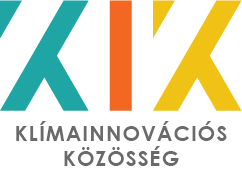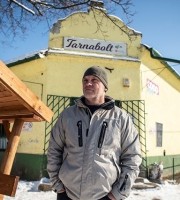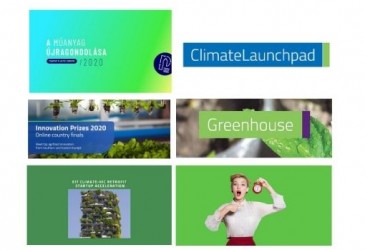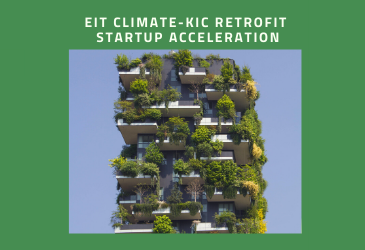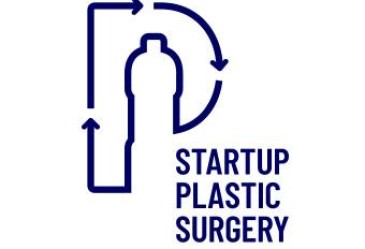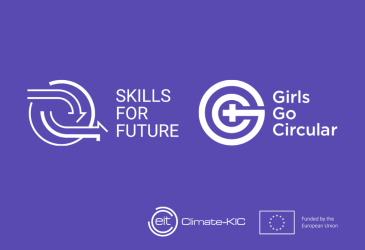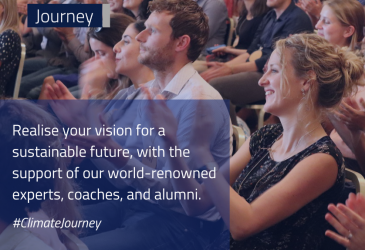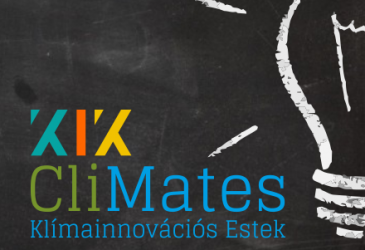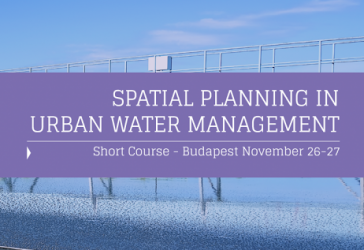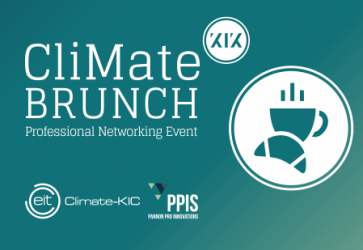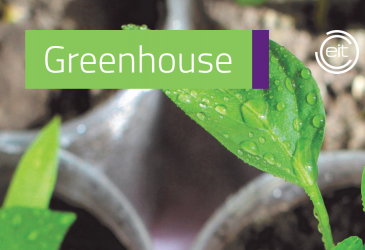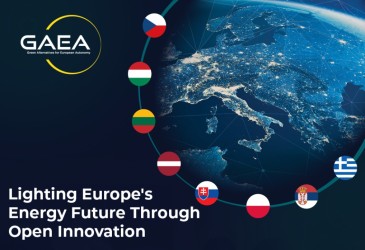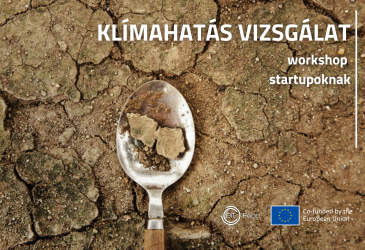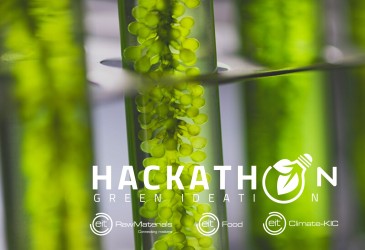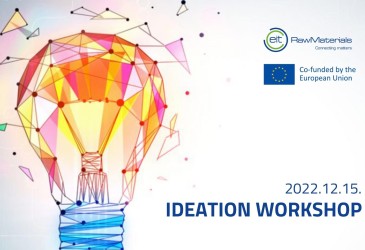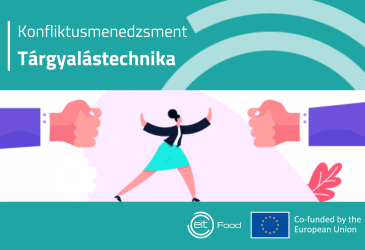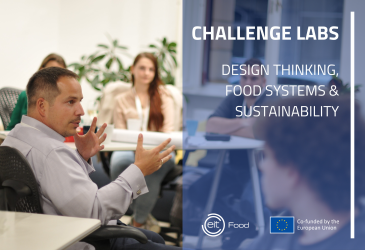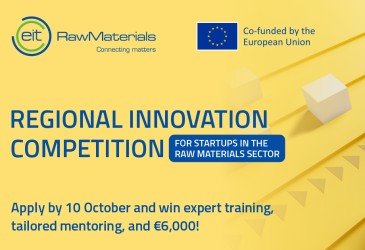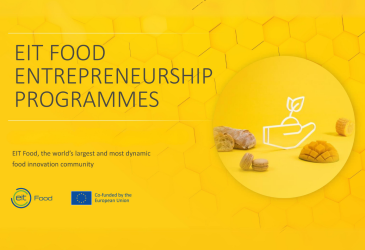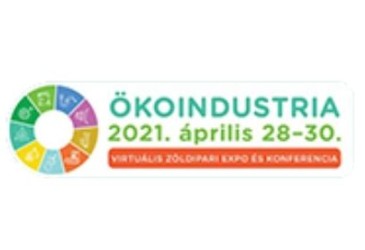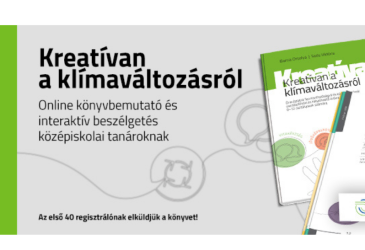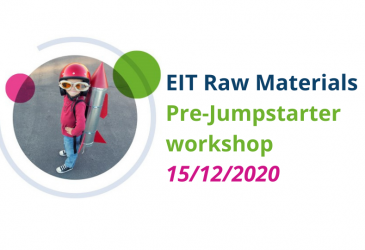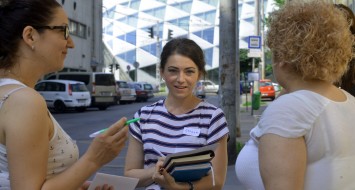
I am a researcher with a PhD in Biomedical Sciences. My previous experience was in microbiological research, biofilm systems for the treatment of recalcitrant compounds. I work at University of Medicine and Pharmacy Victor Babes, Timisoara, Romania and I was a member of the PIP program in 2015.
Please share your experience regarding your domestic and international placement.
My domestic placement took place at the University of Technology and Economics, Department of Sanitary and Environmental Engineering, Budapest, Hungary. I was involved as a researcher in the AquaVir project which aims to deploy the state-of-the-art plastic micro- and nanotechnology for developing an affordable, mass-producible sensor system for continuous monitoring of pathogen viruses in different water bodies. Water-borne viral diseases are important risks in the climate change, which causes floods and extreme climate events. The conventional biological water quality indicators do not provide adequate information about the presence of pathogenic viruses. So the project was aimed to develop an early warning system and epidemic risk assessment which is directly related to prevention, management and treatment of water bodies regarding climate change.
During my international placement (Department of Analytical Chemistry, Faculty of Chemistry, University of Valencia, Burjassot, Valencia, Spain) I was doing research about new techniques for biofilm treatment by combining analytical methodologies and microbiological analysis which can be a new step for future research in order to go further by resolving climate change problems and their direct impact on human health. Also N-compounds antibiotics are used in the treatment of biofilms that are generated when invasive medical devices are used. The host’s deeply improved my knowledge of routes to a system of practice.
What about your Group Assignment project?
My group assignment project Green Life and Children Awareness was an environmental education program. By this project we were trying to emphasize the importance of children and young people connecting with nature, and developing conservation knowledge, values and skills to enable them to get involved and make a difference. To assist with implementing this strategy, this project outlines the key principles for effectively engaging children and young people with nature, based on a review of relevant research, literature and practical involvement.
What have you learnt, and will you adapt it in your career?
As a pioneer in the PIP program I have gained experience in novel analytical technologies by combining different novel advances on innovative technologies. My research and studies were in accordance with transition thinking strategies. Also I am planning to continue the research in my home country by further collaboration with the host’s organization and to elaborate research papers in order to transfer the gained knowledge.
An important outcome of my experience in the PIP program is our new NGO entitled "GreenEduCare" by which me and my collegue from the Group Assignment (Andreea Mihoc) continue our ideas from the initial GA project Green Life and Children Awareness. We will have a lot of different activities regarding education and green life both at countryside and in cities. We think that this is a begging and start for green education, knowledge transfer and changing mentalities regarding climate problems especially for less informed people.
What is your general take away from the programme?
The PIP program gave me the possibility to enlarge my area of knowledge regarding climate change problems, connecting people and future posibilities. It was a great project and I reccomend it to all that belive in a better, smarter, greener world.
